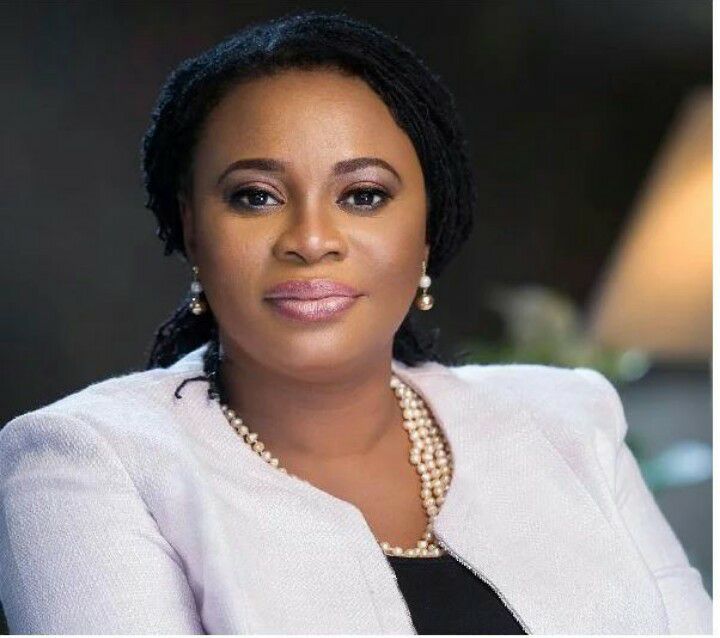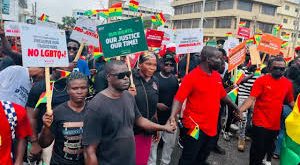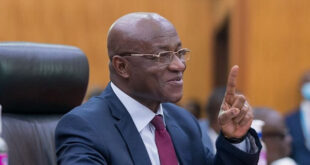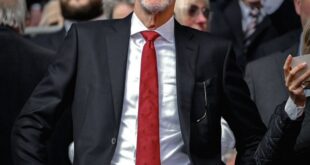Former chairperson of the Electoral Commission of Ghana (EC), Charlotte Kesson-Smith Osei, has said the press freedom in Ghana looks like the country is still under military dictatorship.
She said the state has taken over the power of journalists so the media can not criticize the government or publish stories that are not in favor of their political parties.
“At this point, we seem to have lost our sense of direction. When we talk about the clamping down on freedom of expression and press freedoms, we tend to focus on the use of state power against either journalists or citizens who have criticised the state or said something the state doesn’t like. And that is a key issue, it is a problem.”
Charlotte Osei said this at a round table discussion on the topic “Freedom of Speech and Academic Freedom, Where Do We Draw the Line?” organised by the Harvard Club of Ghana in Accra on April 26, 2024.
“And I think what we see now is if you read the stories that you see and report, and you take out the date and just deal with what is happening, it’s very confusing because it’s very similar to the very stories we had when we were under military dictatorship. That’s where we are all concerned. So now if I spoke here today and tomorrow I put out that I had been harassed subsequent to this event, even if it was not true, most people will believe me because of the culture we find ourselves in right now. And it’s not just now there are instances in all the regimes under the fourth Republic” She added.
“The issue now is that when you add media plurality, which we have corrupted, rather than it being a vehicle for increasing our freedoms, we have allowed politicians to hijack the ownership of the media houses. And so, the plurality of the media houses has now become another tool, either for attack or for suppression of press freedoms,” she said.
The former EC boss stressed that some media houses against other media houses, citizen against citizen especially through the use of social media because of their political differences.
“So now we created a very complex world of suppression of free speech, so now we have the state against persons, the state against journalists, we have journalist against journalist because depending on which side of the political divide they are, you will find that a journalist will do a story an investigative piece, and before we can speak, he is being attacked by other journalist because they are different for different political camps. We have media houses against media houses, citizen against citizen especially through the use of social media.” Charlotte Osei.
She added, “And I think that we are on a very slippery slope. We are doing ourselves collective injury, and in terms of solutions, we need to go back to our core duties as citizens, the respect that we owe to each other, and permitting other citizens to express themselves.”
Source: Elvisanokyenews.com
 ElvisAnokyeNews.com Latest News, Politics, Health, Education & More
ElvisAnokyeNews.com Latest News, Politics, Health, Education & More




